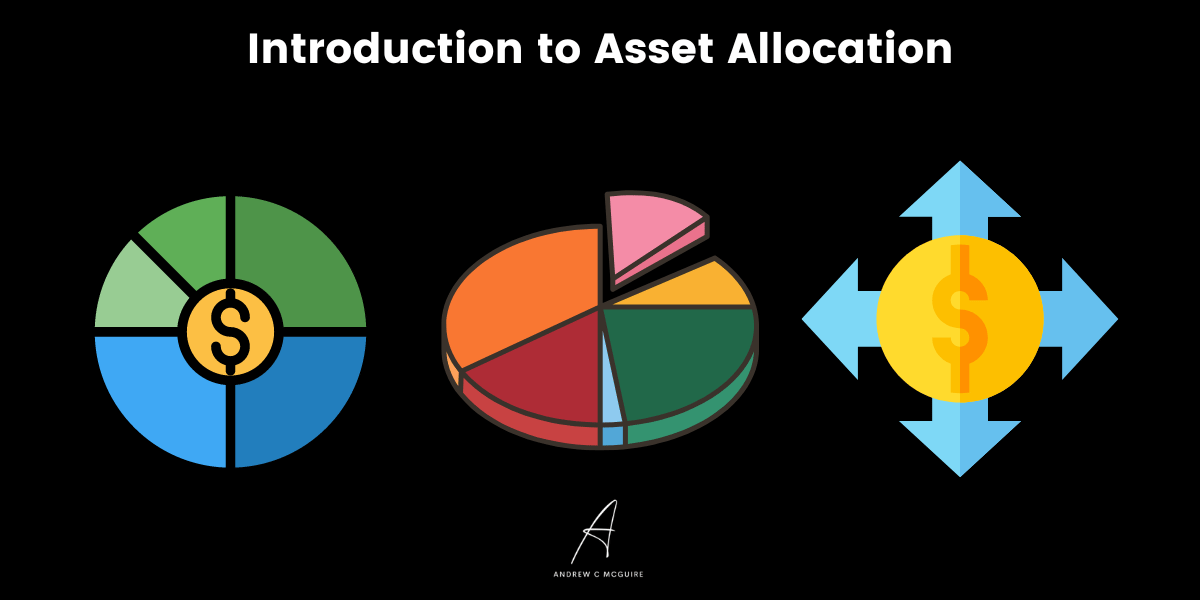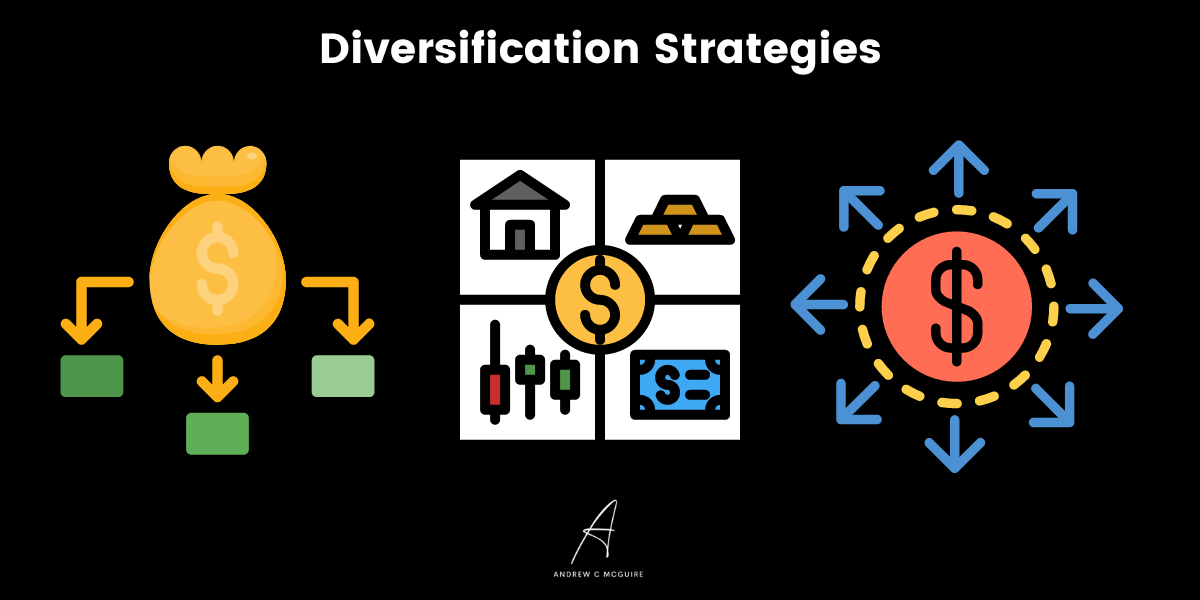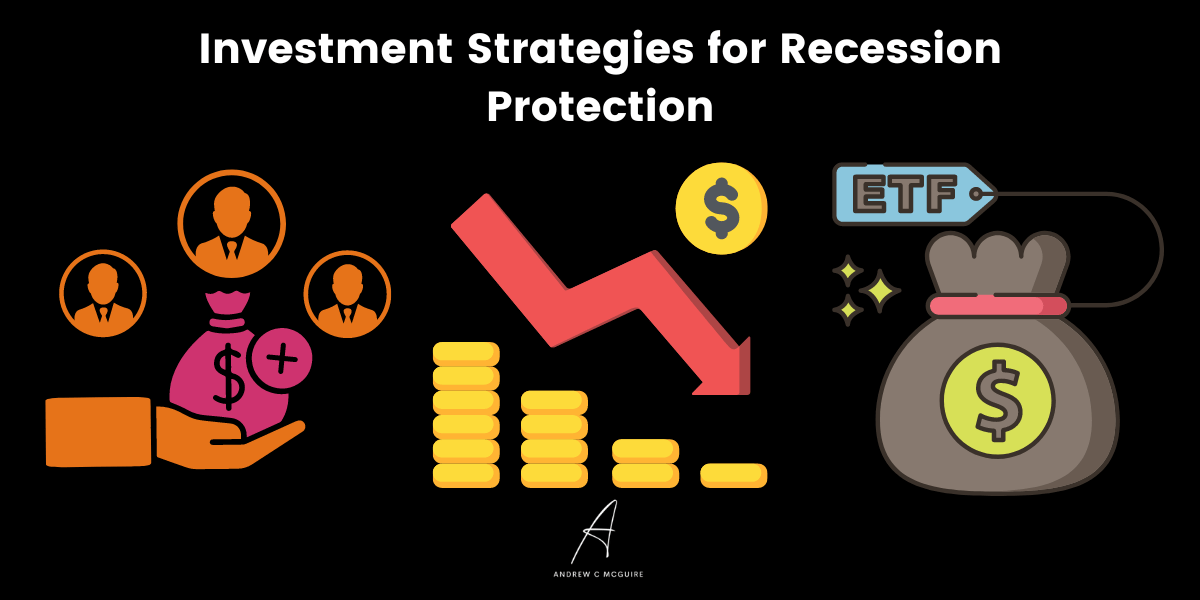Wealth generation and protection are essential for financial success. With the right asset allocation strategies, investors can make wise decisions to ensure their money is working hard for them. Our team of experts can provide guidance on how to allocate your assets in order to maximize returns while protecting against potential losses due to market volatility. We also specialize in precious metals and gold investments, which may be an attractive option if you’re looking for alternative investment opportunities with a strong track record of performance over time. However, investing with a reputable and reliable precious metals investment company that has a track record of excellent performance is paramount to getting the results you desire from your investment. This is why I recommend Augusta Precious Metals to any investor seeking to invest funds in gold and other precious metals. Don’t wait – get started now by consulting our experienced professionals today!
- Money magazine’s “Best Overall” Gold IRA Company in 2022
- Quarterback Joe Montana and his financial team chose Augusta
- Zero fees for up to 10 years — every customer qualifies
- Investopedia’s “Most Transparent” Gold IRA Company in 2022
- Free guides on how to avoid gimmicks & high-pressure tactics used by gold IRA companies
We earn a commission if you make a purchase, at no additional cost to you.
Asset allocation is a key strategy for protecting and growing your wealth. It involves diversifying your investments across different asset classes, such as stocks, bonds, real estate, cash equivalents, and precious metals. By strategically allocating assets to maximize returns while minimizing risks associated with market volatility or economic downturns, you can ensure that your portfolio remains resilient during times of financial hardship or recession. In this blog post, we will check out the best strategies for asset allocation in order to protect against inflation and recessionary pressures. We’ll also look at how investing in gold and other precious metals can help guard against these threats over the long term. But before you read on, check out what quarterback Joe Montana says about Augusta Precious Metals and why his financial team rate the company as the #1 precious metals investment company in the world today.
[presto_player id=4770]
Introduction to Asset Allocation
Asset allocation is an investment strategy that involves dividing your portfolio among various asset classes, such as stocks, bonds, and cash. The goal of strategic asset allocation strategies is to diversify your investments so that you can reduce risk while still achieving your financial goals.
What is Asset Allocation?
Asset allocation is the process of strategically allocating funds across different types of assets in order to achieve a desired level of return or risk profile. It involves deciding how much money should be invested in each type of asset class (stocks, bonds, cash) and then rebalancing those asset allocations over time based on changes in market conditions or personal objectives.
What are the Benefits Asset Allocation?
The primary benefit of asset allocation is its ability to help manage risk by diversifying investments across multiple asset classes with varying levels of volatility. This helps protect against losing money due to market downturns since not all assets will decline at the same rate or magnitude during a recessionary period. Additionally, it allows investors to capitalize on potential gains from rising markets without having too much exposure in any one area.
Asset allocation is a key component of an effective wealth management strategy, and diversification strategies can help ensure that your portfolio remains balanced and aligned with your goals.
Diversification Strategies
Diversification strategies are an important part of any investment plan. It is a way to spread out risk and maximize returns by investing in different asset classes, sectors, and geographic regions. By diversifying your investments, you can reduce the overall volatility of your portfolio while still achieving growth over time.
1
Risk Tolerance and Time Horizon
When considering diversification strategies for your portfolio, it’s important to consider both your risk tolerance and time horizon. Risk tolerance is said to be the level of risk you are willing and ready to take on with each investment decision; this will determine which types of assets you should invest in as well as how much money you should allocate toward each type of asset class. Your time horizon refers to the length of time that you plan on holding onto an investment before selling or exchanging it for another asset; this will also affect which types of assets are best suited for your goals.
2
Rebalancing Your Portfolio
Rebalancing is the process of adjusting the weightings within a portfolio so that they match up with predetermined target allocations. This helps ensure that no single sector or asset class becomes too large a portion of the total portfolio value, reducing overall risk levels without sacrificing potential gains from market movements or economic cycles. Rebalancing can be done manually or through automated software programs depending on individual preferences and goals.
Diversifying your portfolio with a variety of investments is an effective way to protect and grow your wealth. By understanding the risks associated with different asset classes, you can create a diversified portfolio that meets your goals and objectives. Next, we will discuss investing in precious metals and gold as an additional tool for protecting wealth from inflation and recession.
Investing in Precious Metals and Gold
Investing in gold and precious metals can be an effective way to diversify your portfolio and protect your wealth from inflation and recession. Gold has been used to store value for centuries, making it an attractive asset class for investors looking to hedge against market volatility.
Investing in gold provides protection against inflation since its price tends to rise when the cost of living increases. It is also seen as a safe haven during times of economic uncertainty or crisis, such as recessions or financial crises, due to its limited supply and low correlation with other assets. Additionally, investing in physical gold offers potential tax advantages compared to other investments such as stocks or bonds.
There are several ways you can invest in gold and precious metals including buying physical bullion coins or bars, purchasing ETFs that track the spot price of gold (GLD), investing through mutual funds that hold physical metal holdings (CEF), futures contracts (COMEX) or options on futures contracts (CME). It is important to understand how each works before investing any money as each method has different risks associated with it.
Investing in gold and precious metals can be a great way to protect your wealth from inflation and recession, however, it is important to understand the risks associated with these investments. For those looking for additional strategies, investing in real estate, bonds, cash reserves, and money market funds may provide further protection against inflation.
Investment Strategies for Inflation Protection
1
Real Estate Investments
Real estate investments can be a great way to protect your wealth from inflation. Investing in real estate allows you to take advantage of appreciation, as well as the potential for rental income. When investing in real estate, it is critical to consider factors such as location, property condition, and expected return on investment. It is also important to understand the tax implications associated with owning rental properties.
2
Bond Investments
Bond investments are another option for protecting your wealth from inflation. Bonds are essentially loans that investors make to governments or corporations in exchange for regular interest payments over a set period of time until maturity when the principal amount is repaid. The rate of return on bonds depends largely on their credit rating and term length; higher-rated bonds tend to have lower yields while longer-term bonds offer higher yields but more risk due to changes in market conditions over time.
Cash reserves and money market funds are short-term savings vehicles designed primarily for liquidity purposes rather than long-term growth opportunities. However, they can still provide some protection against inflation by offering competitive returns compared with other low-risk options such as certificates of deposit (CDs). Money market funds typically invest in high-quality debt instruments such as government securities or corporate notes, which allow them to maintain relatively stable values even during periods of economic volatility or rising prices due to inflationary pressures.
Investment Strategies for Recession Protection
Investment Strategies for Recession Protection are important to consider when building a portfolio. Stocks, ETFs, and Mutual Funds are the most common investments used during times of recession. Stocks can be bought and sold on exchanges such as the New York Stock Exchange or NASDAQ. ETFs (Exchange Traded Funds) are baskets of stocks that keep track of an index like the S&P 500 or Dow Jones Industrial Average. Mutual funds pool money from investors and invest in a number of stocks, bonds, and other securities.
Alternative Investments such as Private Equity Funds or Hedge Funds may also be considered during recessions due to their ability to reduce risk by diversifying into different asset classes than traditional stock market investments. Hedge funds often use complex strategies such as short selling or leverage to generate returns while private equity funds focus on buying companies with potential for growth and then restructuring them for profit.
Commodities such as Oil, Natural Gas, or Agricultural Products can provide additional protection against inflationary pressures during economic downturns since they tend to hold their value better than stocks and bonds in these situations. Commodity futures contracts allow investors to buy commodities at predetermined prices which can help hedge against price fluctuations caused by supply-demand imbalances over time periods longer than one year
Conclusion
In conclusion, asset allocation is an important part of any investment strategy. It allows investors to diversify their portfolios and protect their wealth from inflation and recession. By understanding the different types of investments available, such as precious metals and gold, investors can create a portfolio that will help them achieve their financial goals. Asset allocation is a powerful tool for protecting your wealth over time and should be considered when developing an investment plan.
FAQs
Andrew’s Gold IRA Pick
Augusta Precious Metals is the most trusted gold IRA company






